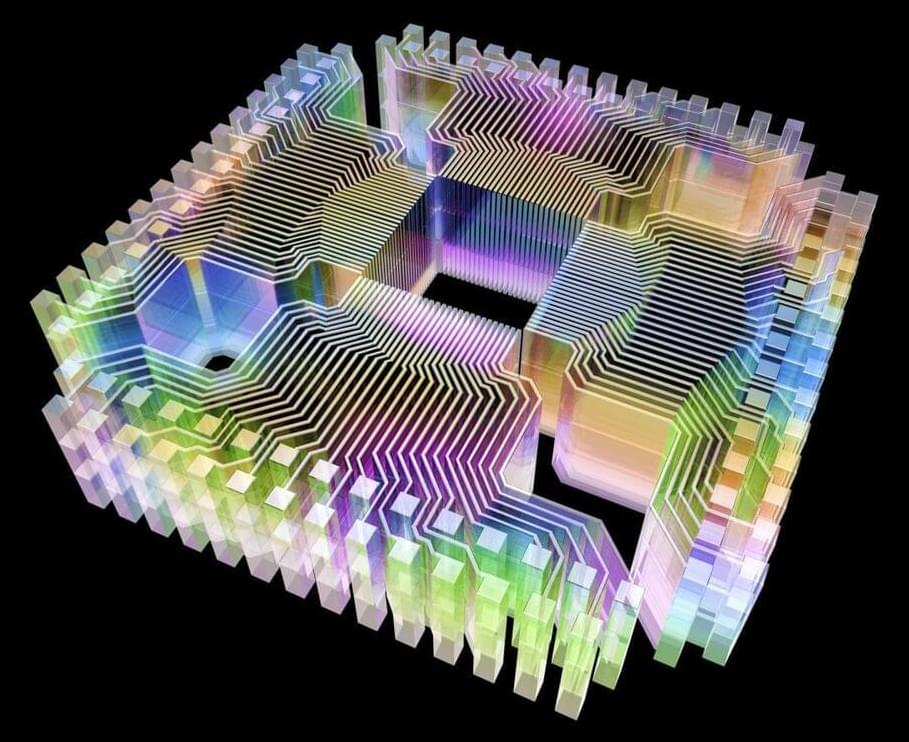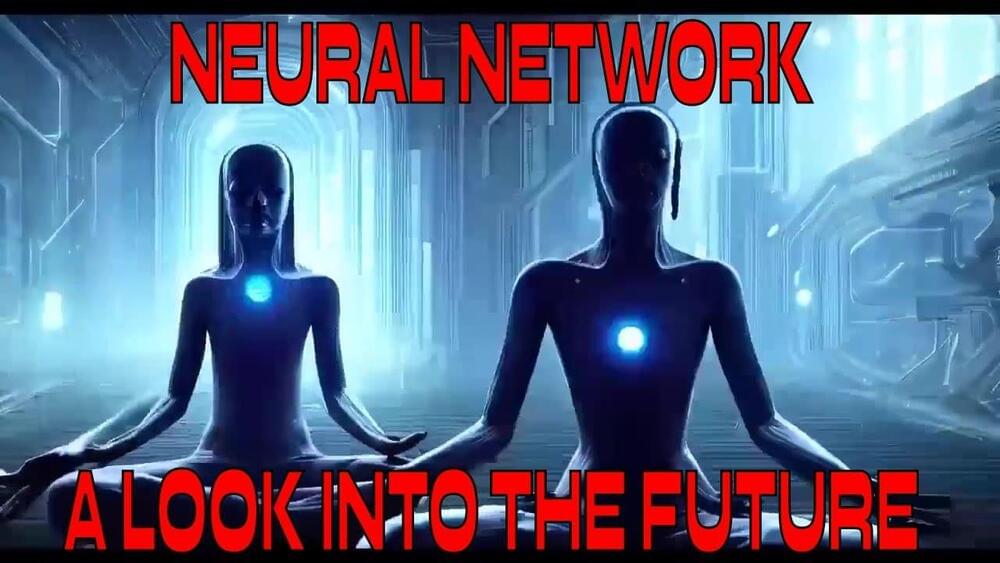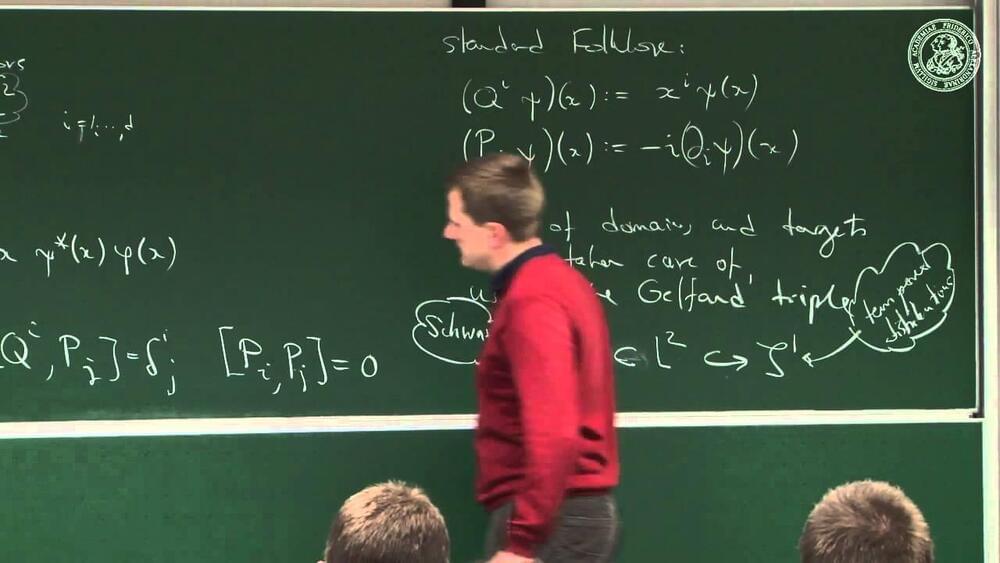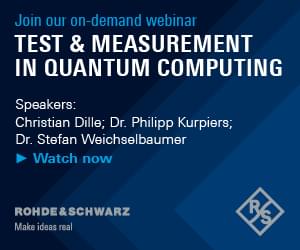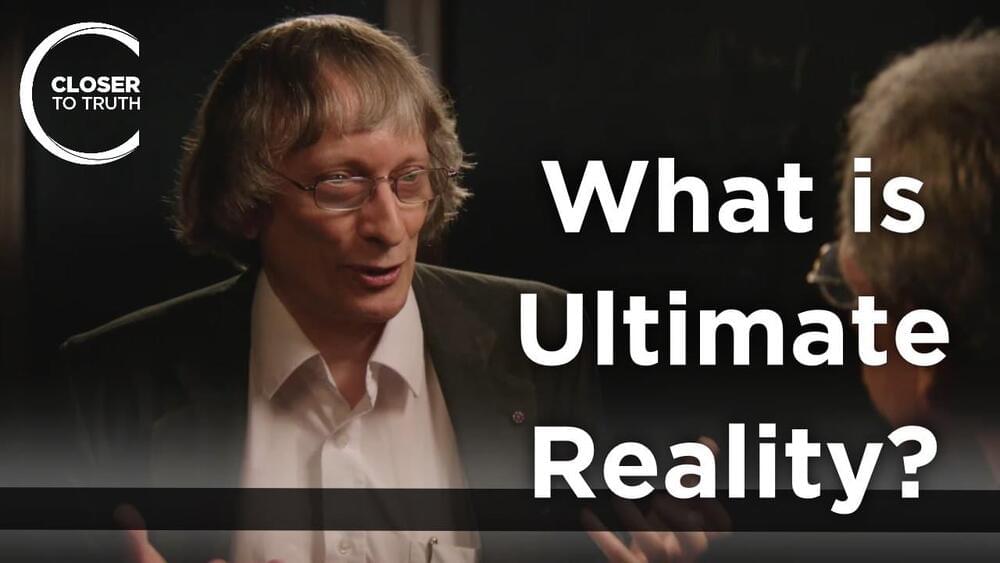Nov 27, 2022
Evidence of Higgs boson contributions to the production of Z boson pairs at high energies
Posted by Saúl Morales Rodriguéz in categories: particle physics, quantum physics
The Higgs boson, the fundamental subatomic particle associated with the Higgs field, was first discovered in 2012 as part of the ATLAS and CMS experiments, both of which analyze data collected at CERN’s Large Hadron Collider (LHC), the most powerful particle accelerator in existence. Since the discovery of the Higgs boson, research teams worldwide have been trying to better understand this unique particle’s properties and characteristics.
The CMS Collaboration, the large group of researchers involved in the CMS experiment, has recently obtained an updated measurement of the width of the Higgs boson, while also gathering the first evidence of its off-shell contributions to the production of Z boson pairs. Their findings, published in Nature Physics, are consistent with standard model predictions.
“The quantum theoretical description of fundamental particles is probabilistic in nature, and if you consider all the different states of a collection of particles, their probabilities must always add up to 1 regardless of whether you look at this collection now or sometime later,” Ulascan Sarica, researcher for the CMS Collaboration, told Phys.org. “When analyzed mathematically, this simple statement imposes restrictions, the so-called unitarity bounds, on the probabilities of particle interactions at high energies.”

